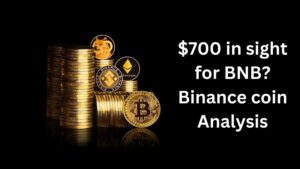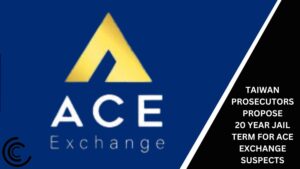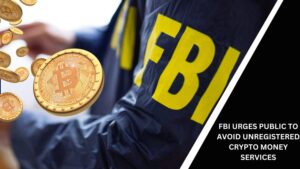Key takeaways:
- Hong Kong has indicated that it will acknowledge and control fiat-referenced stablecoins (FRS), but that issuer must first secure a certain local license.
- Issuers of stablecoins will also need to establish a registered office in Hong Kong and staff it with a chief executive, senior management group, and other essential staff members.
Hong Kong has indicated that it will acknowledge and control fiat-referenced stablecoins (FRS), but that issuers must first secure a certain local license.
One of the key ideas in a consultation document released on December 27 by the Hong Kong Monetary Authority (HKMA) and the Financial Services and the Treasury Bureau (FSTB) is this.
The consultation period expires on February 29, 2024. The proposed law defines fiat-referenced stablecoins and mandates that any businesses that openly advertise their FRS issuance to Hong Kong residents obtain an HKMA license.
All circulating stablecoins must be fully backed by reserves at least equal to their par value, reserve assets must be kept separate and secure, and disclosure and frequent reporting are requirements for getting an HKMA license. According to the document, algorithmic stablecoins will not be granted a license.
Issuers of stablecoins will also need to establish a registered office in Hong Kong and staff it with a chief executive, senior management group, and other essential staff members.
The Secretary for Financial Services and the Treasury, Christopher Hui, stated that the risks connected with the development of stablecoins could be suitably managed if the necessary licensing was obtained:
“With the implementation of the licensing regime for VA trading platforms from June this year, the legislative proposal to regulate FRS is another important measure facilitating Web3 ecosystem development in Hong Kong.”
The Securities and Futures Commission (SFC) and the Hong Kong Monetary Authority (HKMA) jointly stated in December that they were prepared to consider applications for the authorization of different products, such as exchange-traded funds (ETFs) called Virtual Asset Spot (VA Spot ETFs), in addition to the current crypto futures ETFs.










